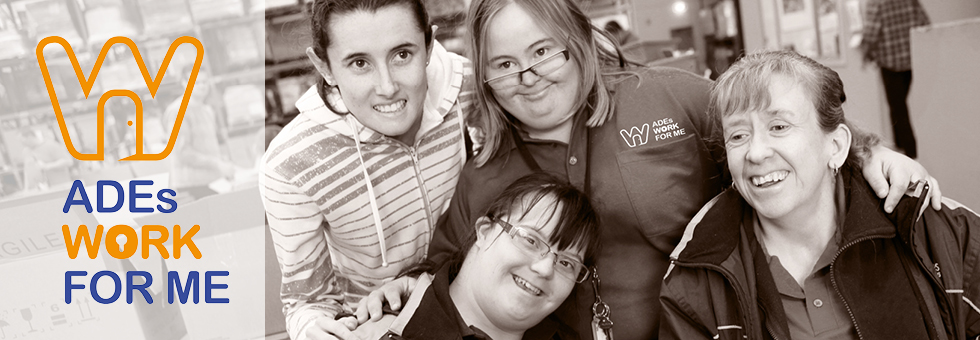A brief history of Australian Disability Enterprises
In 1967, the Commonwealth Sheltered Employment (Assistance) Act provided funding to non-profit organisations to establish and equip sheltered workshops and supported accommodation. The Act gave many organisations across the country access to capital works funding (for buildings and other infrastructure), which meant they no longer had to rely so much on fundraising and bequests.
At the same time the government introduced a sheltered employment allowance for individuals working in sheltered workshops. Workers were paid the same rate as those on an invalid pension, and their earnings were means-tested – not unlike the income test that applies to pensions today.
Commonwealth funding was further increased in 1974 and given to organisations that provided training, therapy and rehabilitation. The government officially recognised activity therapy centres, organisations that promoted independence, self-sufficiency and personal development for people with disability. A number of sheltered workshops began to operate as activity therapy centres.
In the mid-1980s, the Government reviewed funded programs for people with disability, which resulted in the Disability Services Act (DSA) in 1986. The DSA encouraged mainstream employment of people with disability and employment in business services, as sheltered workshops were now renamed.
Business services continued to evolve, adapting to higher social expectations of disability employment. The DSA enshrined principles and objectives for disability service delivery into legislation, and employment for people with disability became a national priority for the Government.
A decade later, the Government announced further reforms to improve service quality, matching funding to the support needs of workers with disability and linking funding to employment outcomes. Additional capital funding was allocated and many business services moved into new commercial activities that enhanced their profitability and financial sustainability. Additional reform saw the introduction of an independent Quality Assurance system that required all business services to meet particular quality standards in order to maintain their ongoing accreditation and government funding.
In 2009, business services were again rebadged, as Australian Disability Enterprises (ADEs). There are 193 organisations nationally providing a range of training and employment options, while keeping their traditional twin focus on employment support for people with severe disability and operating a commercial business. ADEs provide worthwhile employment for people with severe disability in areas such as:
- Manufacturing
- Light engineering
- Horticulture and landscaping
- Printing
- Packaging and distribution
- Agriculture
- Timber and furniture manufacture
- Recycling
- Hospitality
- Commercial laundries
- Car detailing
- Commercial and domestic cleaning
ADEs offer a variety of work experience and training options, including nationally accredited traineeships, courses on safety awareness, work preparation, workplace behaviours and vocational skill development.


Historic photos from Minda, Brighton, South Australia.
